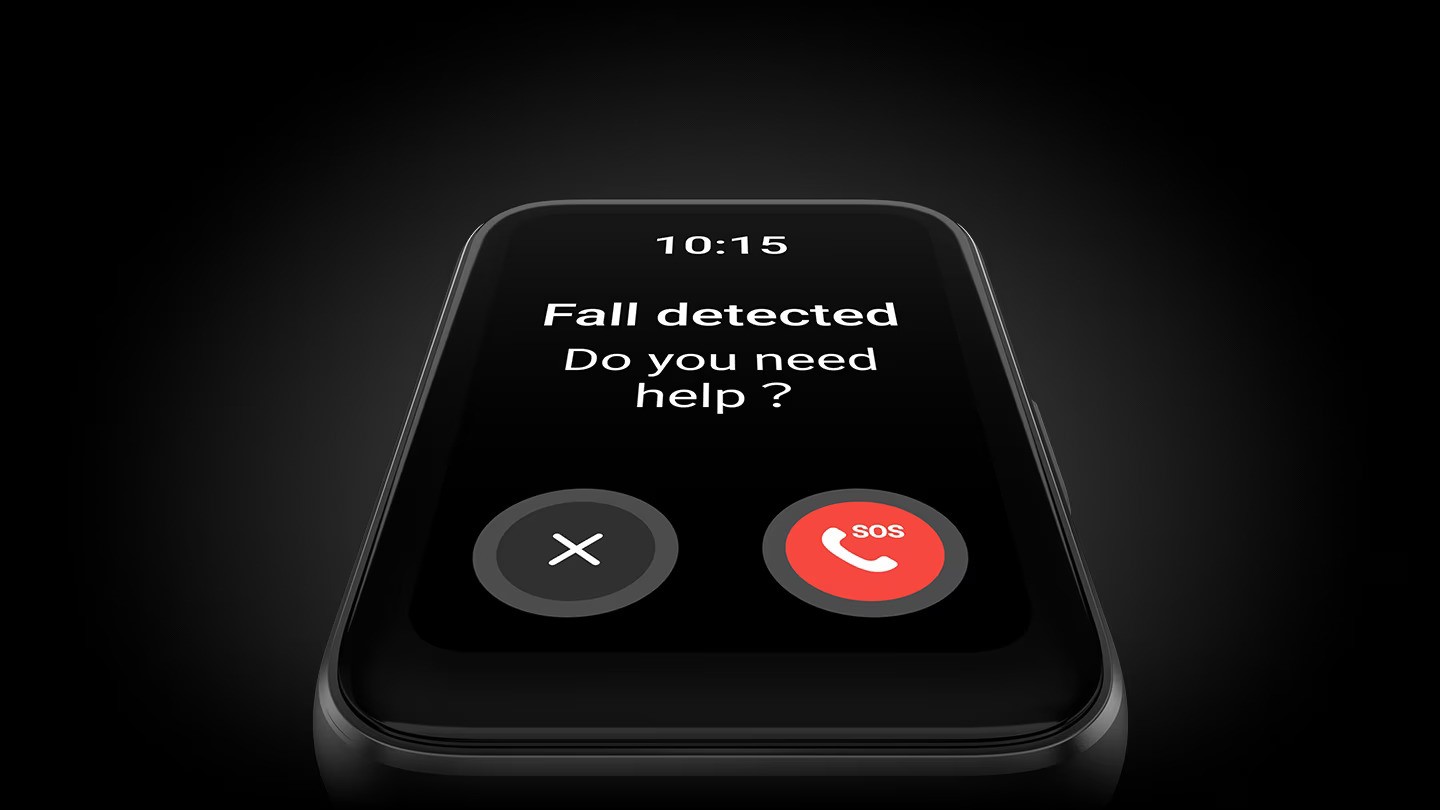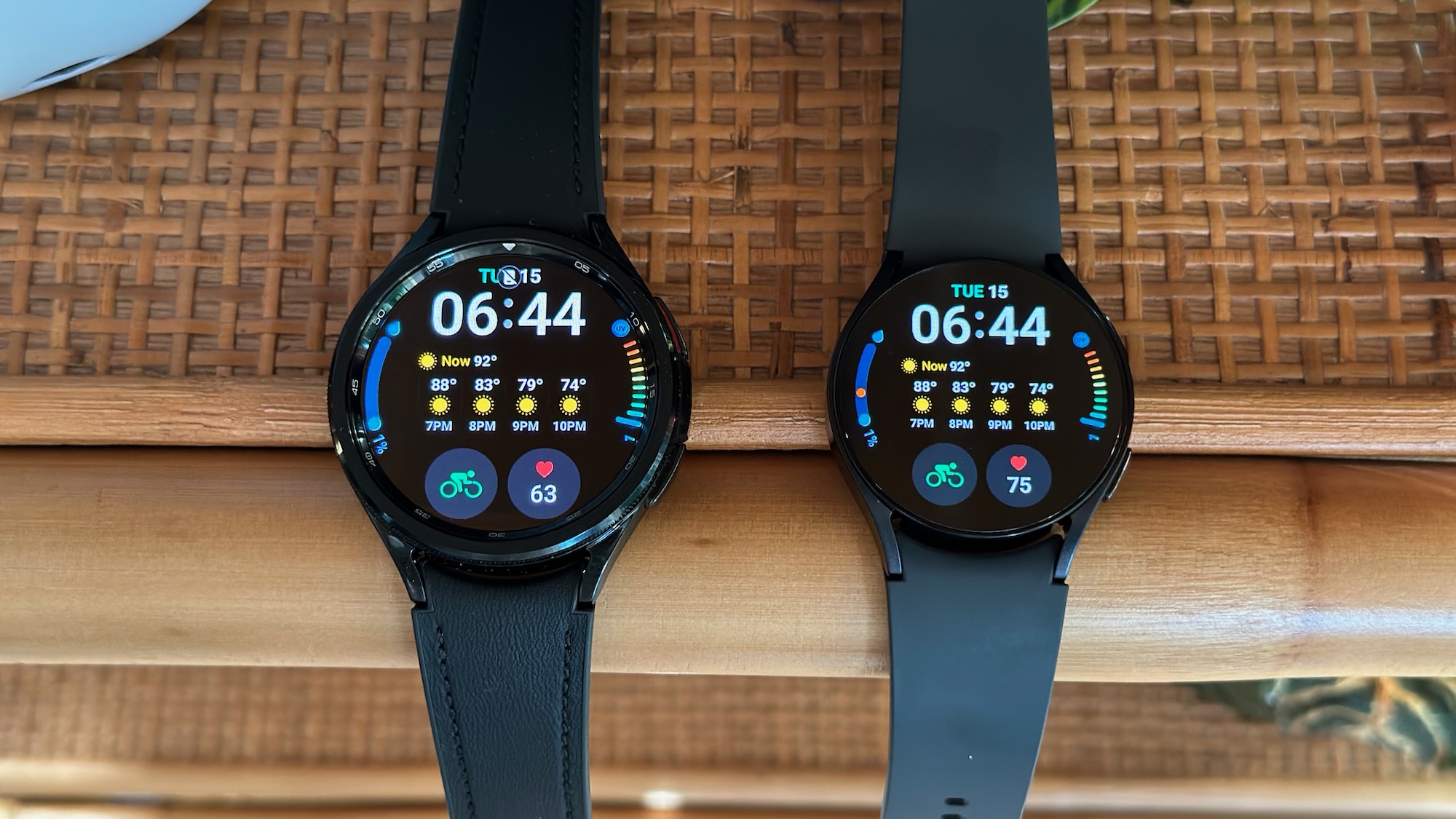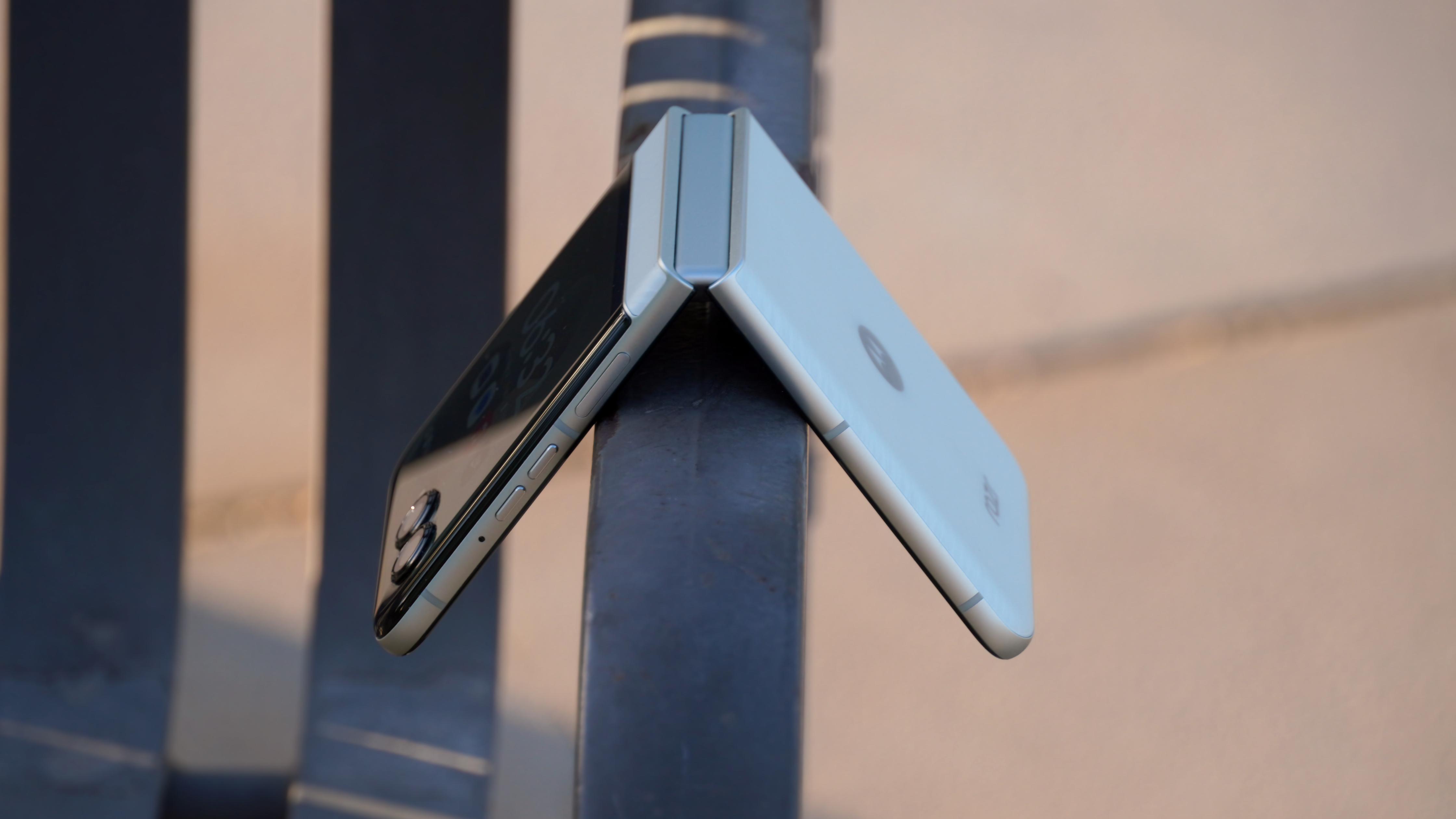The Galaxy Fit 3 isn't coming to the US, and here's why
We asked both Samsung and industry analysts why the Fit 3 won't come to the United States. Here's what they said.

What you need to know
- The Samsung Galaxy Fit 3 will be sold in select regions in Europe, Central and South America, and Asia.
- Samsung has no plans to sell it in the United States or other specific nations due to "market trends" or the "needs for each region."
- More and more fitness tracker brands are avoiding the United States due to the increased popularity of smartwatches there.
After months of Galaxy Fit 3 leaks, Samsung officially announced the fitness tracker on Thursday, noting it would come to specific regions in Europe, Asia, and South America on February 23, with a later release date in Korea. Today, Samsung confirmed to Android Central that the Galaxy Fit 3 wouldn't come to the United States, disappointing American fans of the Fit 2.
"Samsung looks holistically across our product portfolio and bundling optimal devices together that align with the market trends and needs for each region," a Samsung rep told us.
In other words, Samsung doesn't see a large enough fitness tracker market to balance out the marketing, distribution, and software support costs necessary to launch the Galaxy Fit 3 in the United States.
We've asked Samsung for an official list of supported nations, but we believe Canada and the United Kingdom also won't receive the Fit 3.
As for why Samsung is holding the Fit 3 back, you need only look at Canalys' global wearable band market analysis. Fitness band sales totaled about 80 million in 2020 before dipping to about 60 million in 2021, 40 million in 2022, and 35.8 million in 2023. This year, total fitness band sales are projected at 33 million.
Meanwhile, Canalys estimates smartwatch sales will jump 17% to 82 million, and non-smart watches will reach nearly 90 million sold.

Even though a healthy number of people prioritize the lower prices and lighter designs of the best fitness trackers, that number continues to decline steadily as more people depend on smartwatches' advanced tricks.
Get the latest news from Android Central, your trusted companion in the world of Android
It's also the case that fitness trackers can make less money per unit sold than smartwatches because cheap, high-quality trackers like the $40 Xiaomi Smart Band 8 will undercut your sales if you charge too much.
In Samsung's specific case, it has to reckon with the iPhone's popularity in the United States, too. Although Samsung used to support its Galaxy Fit series on iOS, it has refocused solely on Android due in part to Apple's strategy of withholding features on non-Apple Watch devices.
"I think this is a case of Samsung wanting its wearables to be premium products and the company wanting to have a more premium reputation in the U.S. market," Anshel Sag, principal analyst at Moor Insights & Strategy, told us.
Even though Sag thinks Samsung "would sell a lot of units considering the price," he believes it would also "dilute" Samsung's average selling price (ASP) for wearables overall, possibly hurting Galaxy Watch 6 sales. The U.S. market also demands more software support, Sag suggests, "which can only really be supported by higher ASP products."
Although Galaxy Fit fans are sure to be disappointed, this development isn't surprising. In the past couple of years, we've seen the death of Amazon Halo, the decline of Fitbit sales, and an increased number of cheap fitness band companies like Xiaomi or Amazfit holding off on global editions of their fitness bands while pivoting to mid-range smartwatches.
We even expect that the rise of smart rings like the Samsung Galaxy Ring may capture some of the dwindling market for fitness bands, as both form factors specialize in sleep and step counting.
Ultimately, Samsung spurning the U.S. by not launching the Galaxy Fit 3 in the region emphasizes how dire the fitness band market has become here. Unless you want the subscription-based Fitbit Charge 6 or the pricey Garmin Vivosmart 5, your options are becoming increasingly limited.

Michael is Android Central's resident expert on wearables and fitness. Before joining Android Central, he freelanced for years at Techradar, Wareable, Windows Central, and Digital Trends. Channeling his love of running, he established himself as an expert on fitness watches, testing and reviewing models from Garmin, Fitbit, Samsung, Apple, COROS, Polar, Amazfit, Suunto, and more.
